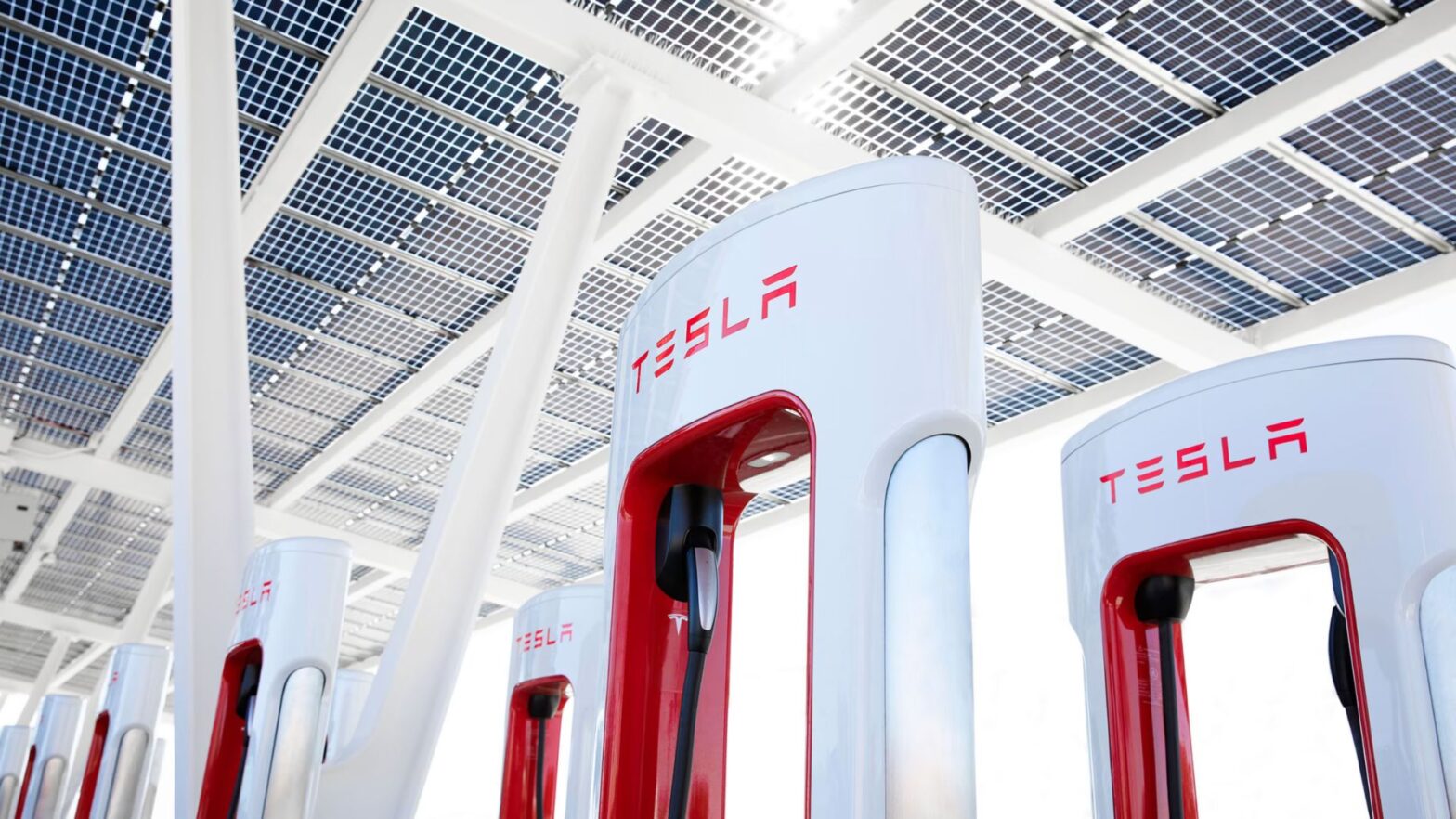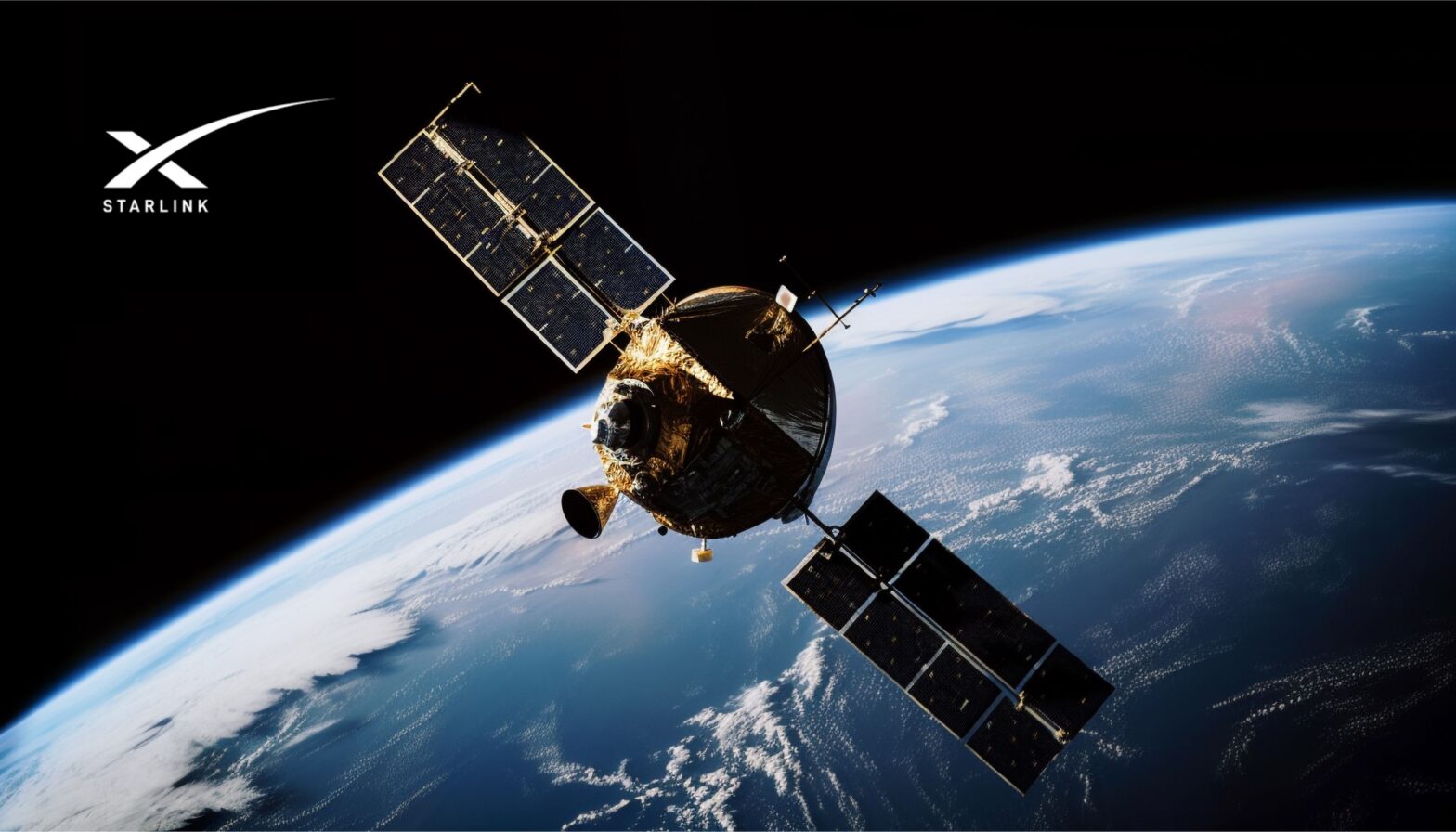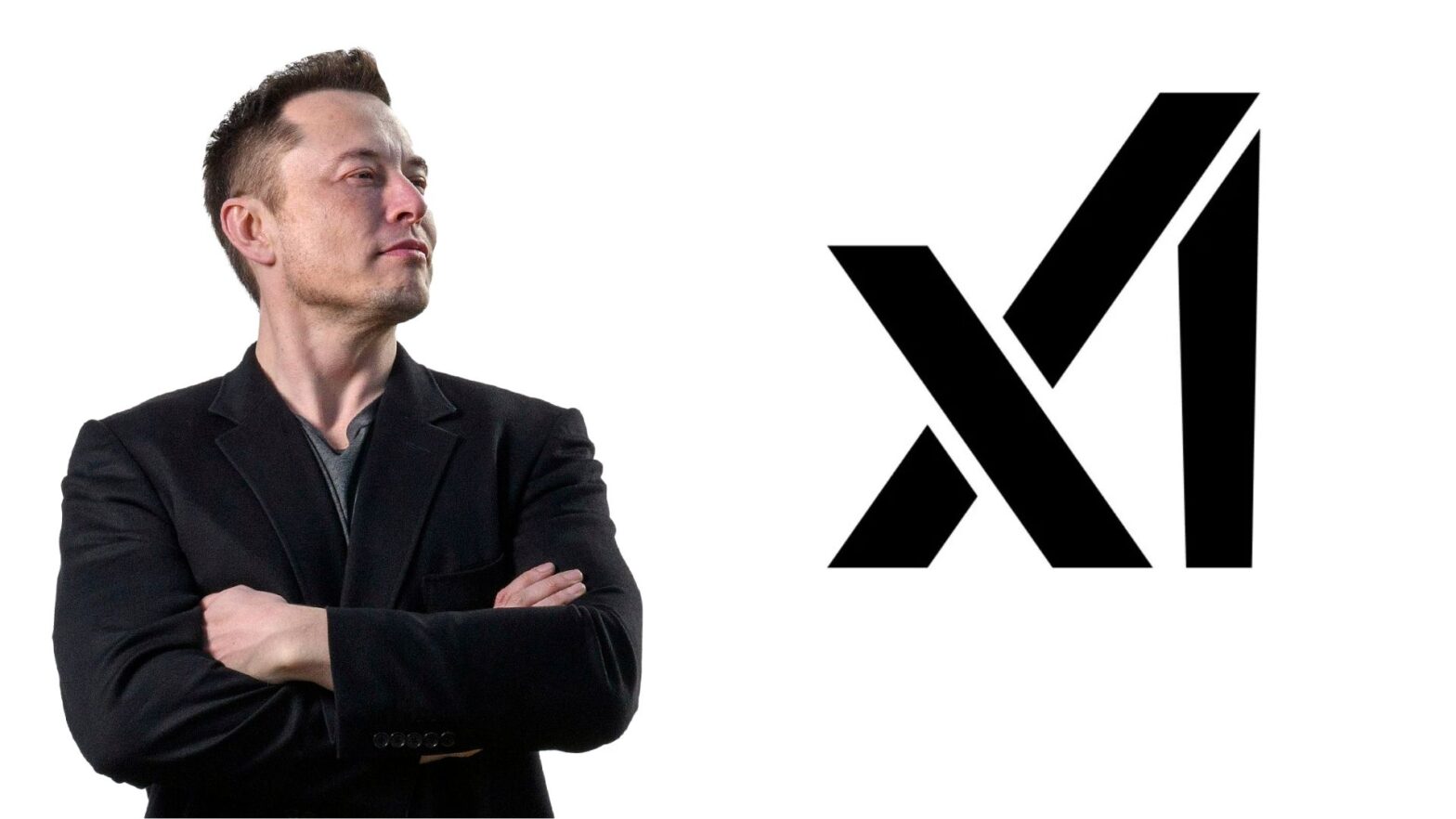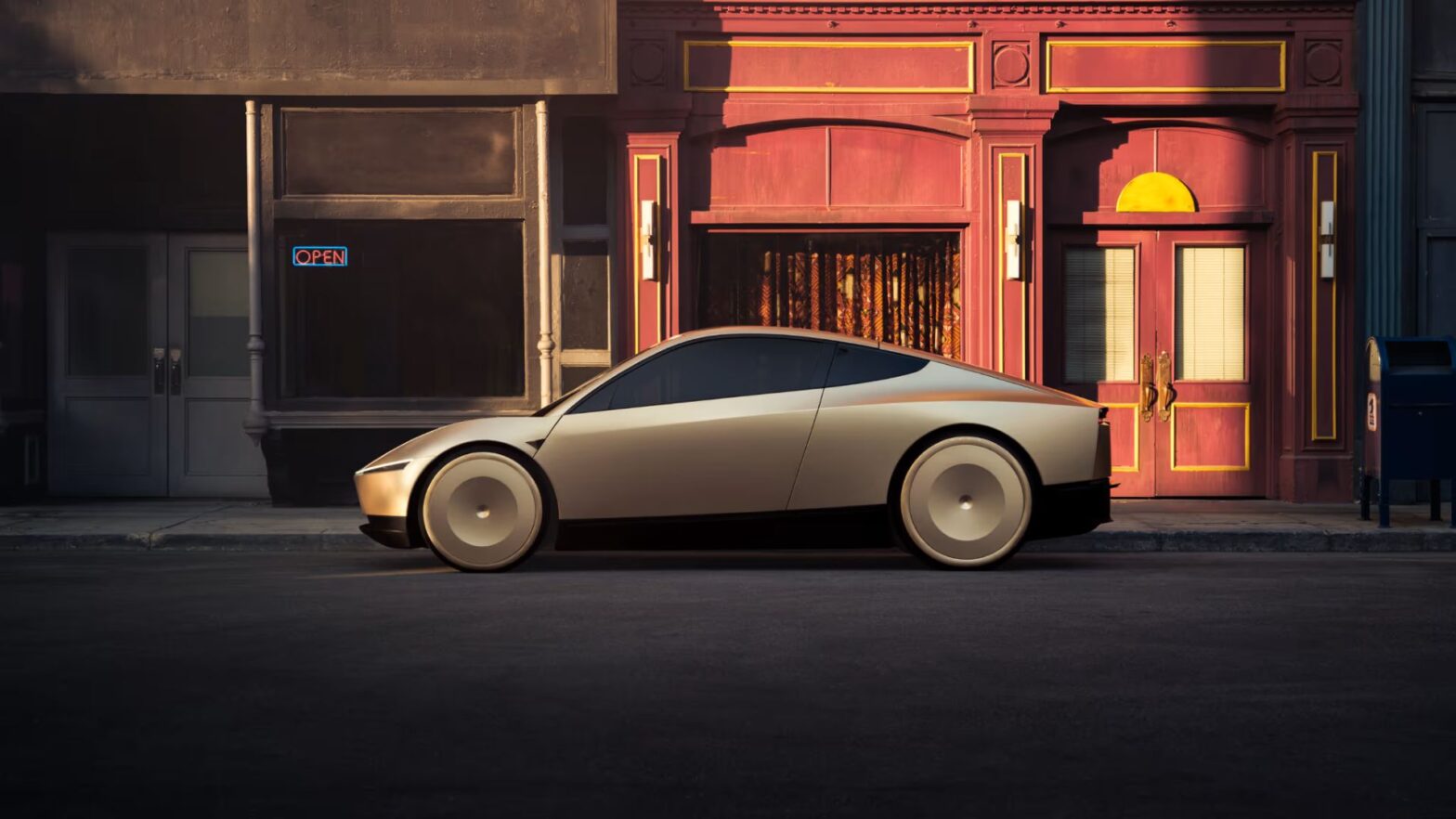Google’s NotebookLM introduces AI-powered hosts that can engage with users in real time during podcasts. This new feature allows users to ask questions and receive personalized responses, making podcasts a more interactive and dynamic learning experience.
Author: Nwadike John-Kingsley Chidera
I am an aspiring article writer with a passion for learning and sharing knowledge through writing. Recently starting my journey into the world of content creation, I enjoy exploring topics like travel, technology, health, lifestyle and presenting them in a fresh and relatable way. With a curious mind and a commitment to growth, I am so excited to build my portfolio and develop a unique voice. When not writing, I enjoy reading novels and comics, always looking for inspiration for the next article.
Apple’s Hinge Patent Could Signal Major Advancements in Foldable Device Technology
Apple’s new hinge patent signals a major leap in foldable device technology. This innovative design improves durability, smoothness, and overall performance. Discover how it could transform future Apple foldables and set new industry standards.
Apple Pay Faces Its First Rival on iPhones, now in Norway
Vipps Mobile Pay has officially launched in Norway, marking the first real competition to Apple Pay on iPhones. With new features like local banking integration, Vipps is positioned to challenge Apple Pay’s dominance in the region. Learn about the future of mobile payments in Europe and beyond.
What This Supercharger Price Cut Reveals About Tesla’s Strategy for Growth
Tesla’s Supercharger price cut is a clear signal of the company’s growth strategy, aiming to boost EV adoption by making charging more affordable while expanding its infrastructure. Read on to explore the impact of this decision on the future of electric vehicles.
Google’s Quantum Chip Is Being Called ‘Mind-Boggling’—But Will It Live Up to the Hype?
Google’s Willow quantum chip promises a new era in computing, with the ability to solve problems in minutes that would take classical systems eons. But will it live up to the massive expectations? Discover the latest advancements and the challenges ahead for Willow.
Will SpaceX’s Starlink Mini Discount Move the Needle for Sales?
SpaceX’s Starlink Mini discount offers reduced hardware and subscription costs. But will this promotional move significantly boost sales or impact long-term growth? Discover how the discount plays into broader trends in satellite internet services.
Is Grok’s Photorealistic AI Image Generator on X the Best in the Market?
Grok’s Aurora, a new photorealistic AI image generator on X, is making waves with its lifelike images. But is it the best tool for creators? We explore its features and competition with DALL·E 3.
A Major Copilot Plus Refresh Is Allegedly Coming to Microsoft Surface—Here’s What to Expect
Microsoft’s Surface lineup is set to receive a major refresh in 2025, with Copilot Plus AI features, Intel Lunar Lake processors, and 5G connectivity. Here’s what you need to know.
Rivian’s EVs: The Hard Numbers Behind Their Worst Reliability Score
Rivian’s latest reliability score has sent shockwaves through the EV community. With a score of just 14 out of 100, we dive into the key issues plaguing their vehicles and explore how they can recover.
Could Tesla’s Robotaxi Vision Be Realized Without Remote Operators?
Tesla’s robotaxi fleet is set to roll out by 2025, but a key question remains: Can it achieve full autonomy without remote operators? Read on to explore Tesla’s strategy for robotaxis and the role of teleoperators in this ambitious project.
















